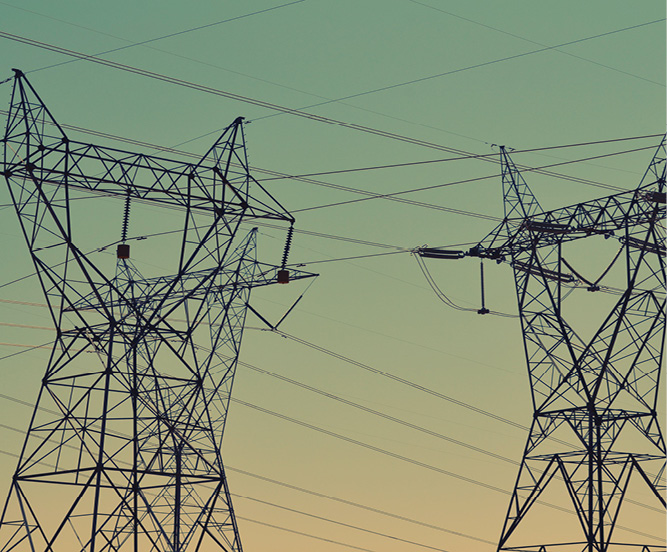First report on the work of the Climate Neutral Electricity System Platform

The Climate-Neutral Electricity System Platform (PKNS) was launched in February 2023 to develop an electricity market design for a future climate-neutral electricity system. The PKNS acts as a discussion platform where representatives from politics, science, industry and civil society come together to discuss options and develop concrete proposals. With the participation of Fraunhofer CINES experts, the first report of the PKNS has now been published.
The report reflects the current status of the joint discussion and maps the discussions that have taken place in PKNS with stakeholders in the individual meetings to date. One of the key messages from the discussions: Although more and more wind or solar projects are being implemented without subsidies, some new construction projects will still require government support in the future. The experts in the report doubt that the expansion targets for renewable energies can be achieved without government risk hedging or support in the current market framework. This is due to inflation, rising financing costs and the use of lower-yielding sites. It remains unclear whether plants will be profitable in a fully renewable electricity system and whether new investment can be purely market-driven. The report notes that there is not yet a robust estimate and that this will also depend on future market design.
The experts of the PKNS agree that a renewable electricity system generates a higher demand for flexibility on the consumption side. However, the existing network charge structure is a key obstacle to the necessary flexibilization, as it sets incentives for continuous energy consumption. It is still unclear whether this obstacle can be removed with a major network charge reform or an optimization of the existing system. The discussion on financing controllable generation capacity, such as gas- or hydrogen-fired power plants, is even more open. Although these contribute to security of supply, the question of incentives for investors is complex, as the aim is to avoid overcapacity and to promote different technologies.
The full report is available for download here(in German).
 Cluster of Excellence Integrated Energy Systems
Cluster of Excellence Integrated Energy Systems